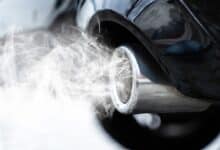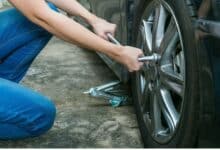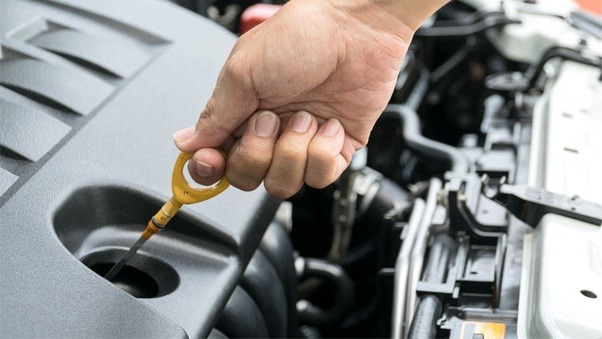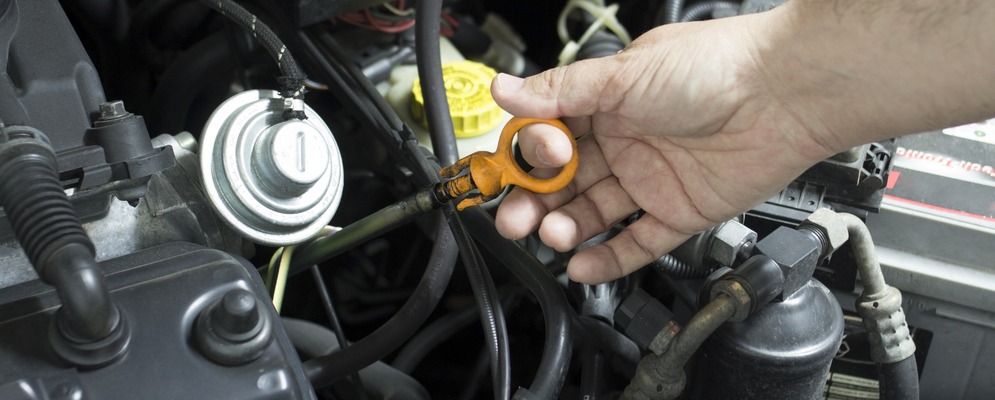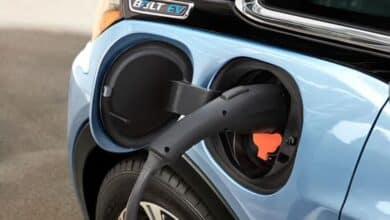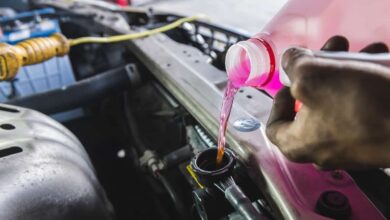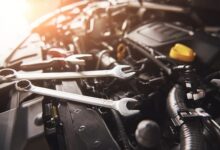How often should the engine be checked?

Regular engine checks are paramount for the overall health and performance of your vehicle. The frequency of these inspections plays a crucial role in preventing potential issues and ensuring a smooth driving experience. Typically, it is advisable to conduct a thorough engine check at least once a month, as well as before embarking on long journeys.
These routine checks encompass various aspects of engine maintenance. Keeping a vigilant eye on fluid levels, such as engine oil, coolant, brake fluid, power steering fluid, and windshield washer fluid, is essential. Additionally, inspecting the engine oil quality and ensuring it’s at the recommended level contributes significantly to the engine’s longevity.
Beyond fluid checks, examining the condition of belts and hoses is crucial. Any signs of wear, cracks, or leaks should prompt timely replacements to prevent potential breakdowns. Furthermore, assessing the battery’s condition, checking for corrosion on terminals, and ensuring secure connections are vital steps in maintaining a reliable electrical system.
By incorporating these routine engine checks into your vehicle maintenance schedule, you contribute to its overall reliability, longevity, and optimal performance on the road.

Contents
- 1 Understanding the Significance of Engine Checks
- 2 Manufacturer’s Recommendations
- 3 Factors Affecting Engine Inspection Frequency
- 4 Visual Inspection: What to Look For?
- 5 Professional Engine Inspections
- 6 Importance of Regular Oil Changes
- 7 Signs that Indicate Immediate Engine Inspection
- 8 DIY vs. Professional Inspections
- 9 How often should the engine be checked?
Understanding the Significance of Engine Checks
Before diving into the frequency of engine checks, it’s crucial to understand why regular inspections are essential. The engine consists of numerous components that work together to generate power and movement. Over time, these components can experience wear and tear, leading to decreased performance or potential failure. By conducting routine engine checks, you can identify and address any issues promptly, preventing costly breakdowns and extending the lifespan of your engine.
Manufacturer’s Recommendations
When determining how often you should check your engine, it is always best to refer to the manufacturer’s recommendations. The manufacturer provides guidelines specific to your vehicle’s make and model, taking into account various factors such as engine type, age, and driving conditions.
Most manufacturers suggest regular engine checks every 3,000 to 7,500 miles or every three to six months. However, these intervals can vary, so it’s crucial to consult your vehicle’s owner manual or contact the manufacturer directly for accurate recommendations.
See more: Notes when changing Oil and filter changes
Factors Affecting Engine Inspection Frequency
While the manufacturer’s recommendations provide a general guideline, it’s important to consider certain factors that may warrant more frequent engine checks:
Driving Conditions
If you frequently drive in challenging conditions such as stop-and-go traffic, extreme temperatures, or dusty environments, your engine may require more frequent inspections. These conditions can put additional stress on the engine components, accelerating wear and tear.
Age of the Vehicle
Older vehicles tend to have more worn-out components and may require more frequent engine checks. As a vehicle ages, various parts may become less efficient or prone to failure. Regular inspections help catch these issues before they escalate.
Modifications or Upgrades
If you have made modifications or upgrades to your vehicle’s engine, such as adding a turbocharger or tuning the performance, it is essential to increase the frequency of engine checks. These modifications can have an impact on the overall health and performance of the engine.
Visual Inspection: What to Look For?
Performing a visual inspection of your engine is a simple yet effective way to identify any visible issues or abnormalities. Here are some key areas to focus on during a visual inspection:
Fluid Levels
Check the fluid levels regularly, including engine oil, coolant, brake fluid, and power steering fluid. Low levels may indicate leaks or other underlying problems that require attention.
Leaks
Inspect the engine for any signs of leaks, such as oil spots or coolant puddles. Leaks can lead to fluid loss and potential damage if left unaddressed.
Belts and Hoses
Examine the condition of belts and hoses for signs of wear, cracks, or fraying. Damaged belts or hoses can cause engine overheating or failure.
Battery
Check the battery terminals for corrosion and ensure they are securely connected. A weak or faulty battery can affect the overall performance of your engine.
Engine Mounts
Inspect the engine mounts for any signs of wear or damage. Worn-out mounts can lead to excessive vibrations and affect the stability of other engine components.
Professional Engine Inspections
While visual inspections are helpful for identifying obvious issues, it is advisable to have your engine professionally inspected at regular intervals. Professional inspections go beyond visual checks and involve in-depth assessments using specialized tools and equipment.
Qualified mechanics can perform comprehensive tests such as compression tests, leak-down tests, and computer diagnostic scans to assess the overall health of your engine. These tests provide valuable insights into the internal workings of your engine and can detect hidden issues that may not be apparent during a visual inspection.
Importance of Regular Oil Changes
One crucial aspect of engine maintenance is regular oil changes. Engine oil plays a vital role in lubricating the internal components, reducing friction, and carrying away contaminants. Over time, oil breaks down and becomes less effective, potentially causing increased wear and damage to the engine.
Frequent oil changes help maintain optimal engine performance and extend its lifespan. It is generally recommended to change your oil every 3,000 to 5,000 miles or as per the manufacturer’s guidelines.
Signs that Indicate Immediate Engine Inspection
While following a regular inspection schedule is essential, it is equally important to be aware of signs that require immediate attention. If you notice any of the following symptoms, it is crucial to have your engine inspected promptly:
- Strange noises such as knocking or tapping sounds
- Excessive smoke from the exhaust
- Decreased power or acceleration
- Engine misfires or stalling
- Overheating or rapid increase in temperature gauge
Addressing these symptoms promptly can prevent further damage and potentially save you from costly repairs in the long run.
DIY vs. Professional Inspections
While some basic visual inspections can be done by car owners themselves, it is recommended to seek professional assistance for more thorough inspections. Professional mechanics have the expertise, knowledge, and specialized equipment needed to identify even minor issues that may go unnoticed during a DIY inspection.
Moreover, professional inspections often come with comprehensive reports and recommendations based on their findings, ensuring that all potential problems are addressed properly.
How often should the engine be checked?
Regular engine checks are crucial for maintaining the performance and longevity of your vehicle’s engine. By following the manufacturer’s recommendations and considering factors such as driving conditions and age of the vehicle, you can determine how often you should check your engine.
Visual inspections combined with professional assessments provide a comprehensive approach to identify potential issues early on and prevent costly breakdowns or repairs down the line.
Remember, a well-maintained engine leads to a smoother driving experience, improved fuel efficiency, and peace of mind knowing that your vehicle is in top shape. So don’t neglect your engine; give it the attention it deserves!
See more news at: car care vip





